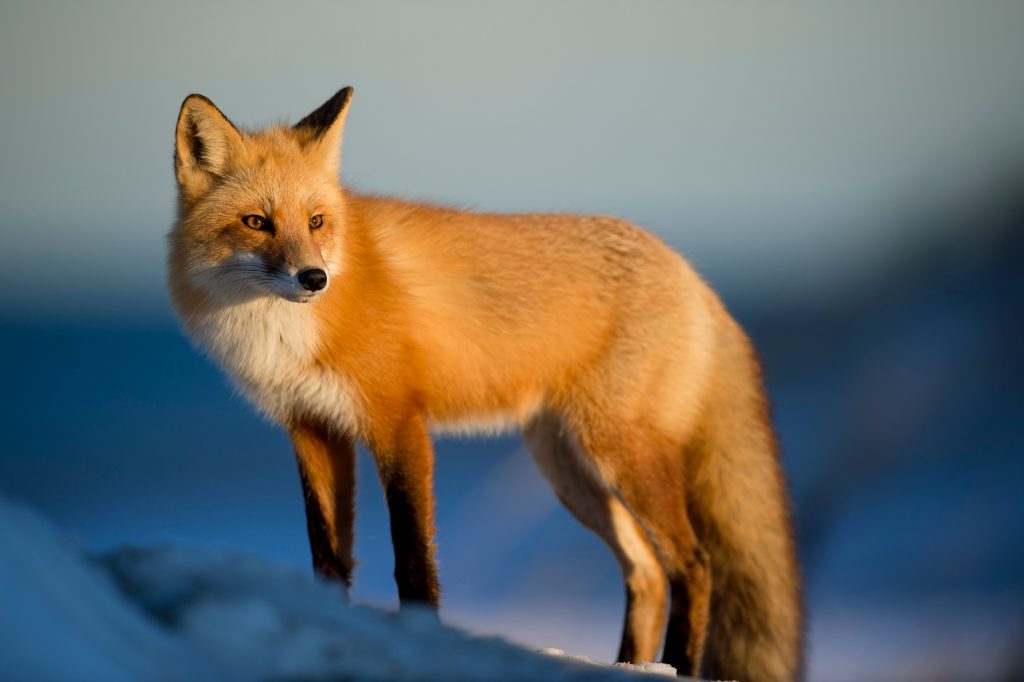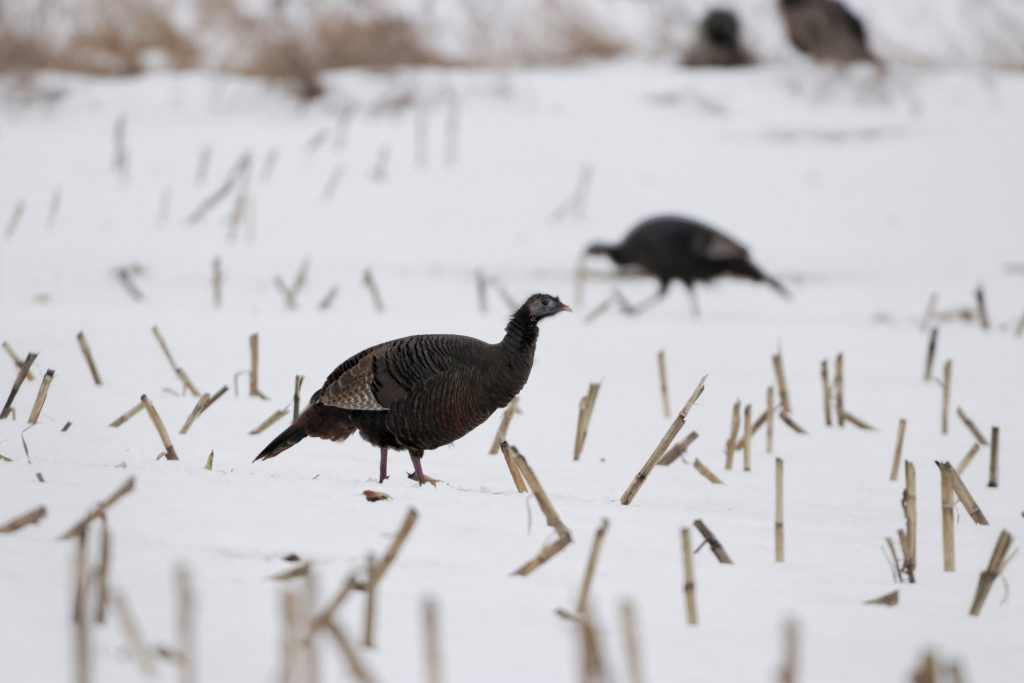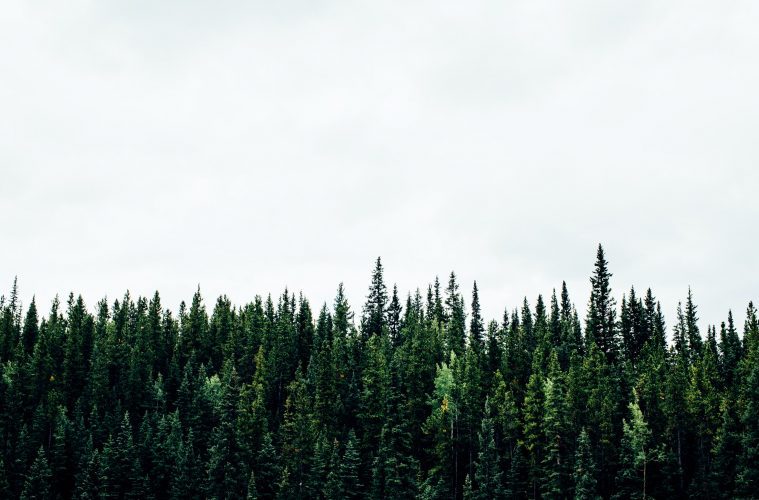Finding a reliable food source in the winter is challenging in the UK. The ground is frozen, and the trees are bare. Some animals might indeed hibernate through the winter months, and many bird species migrate to warmer climes. However, this brings challenges for some animals predating on these creatures.
In short, winter is a rough, tough world for wildlife in the UK through winter and providing food is an important way to ensure their survival to the spring. However, there are some important dos and don’ts when feeding wildlife, providing the right food and ensuring that these creatures are not reliant on you as their food source.

What should I feed the wildlife?
We know that feeding bread to ducks can be damaging, and the bread can lead to the ducks losing their angel feathers, which are essential to flight. Equally, we have been warned that putting out milk for hedgehogs is inappropriate because they are lactose intolerant and can seriously damage their gut.
Therefore, feeding the wildlife through the winter isn’t just about putting out your scraps or leftovers. You would be wise to learn the normal diet of birds and animals and supplement this.
Hedgehogs, for instance, would normally feast on beetles, earwigs, caterpillars, worms, etc. Basically, they love a bit of meat. Therefore, dog and cat food is a good option, ensuring no fishy element. If you are keen to do the right thing, you can purchase hedgehog biscuits that include everything they need. Ensure they have access to a shallow dish of water, especially if feeding them dry biscuits.
Birds are vulnerable in the winter, as their normal diet of grubs and worms are often inaccessible through the frozen soil. All overwintering birds need help with lots of fatty foods to bolster their reserves. Therefore, suet and fat balls are a great treat to put out for birds, as are oily nuts and seeds such as peanuts and sunflower seeds. Nyjer seeds are particularly rich in fat and oil, and as they are small than most, they are easier for all species to snack on. It is possible to put out some of your leftovers, such as breadcrumbs, cheese and rice. Making sure your garden is thriving with insects will also provide a great food source for birds like owls.
How do I feed the wildlife during winter?
First, don’t feed the wildlife too regularly. You need to be an unexpected source of food on occasions. Why? Well, you don’t want the wildlife to lose the natural sense of seeking food for themselves. Becoming reliant on you puts the wildlife at risk, as you might run dry as a resource and then they have lost a sense of other hunting grounds.
Second, hygiene, especially with birds, is vital. Many birds die each year because of the transmission of diseases. Many of these diseases are passed from bird to bird in dirty bird feeders, water areas and tables. Therefore, keeping these clean is essential and will promote better hygiene from the birds who will quickly realise it is not a place to do their toilet.
Moving where you leave food is also a good way to maintain hygiene, and it prevents a build-up of faeces in one place. Be sure to choose safe food sites for the animal and not somewhere where they would be vulnerable to predation from domestic pets and the like.

Plenty of water!
While offering food is a good way to support wildlife, they also need a healthy freshwater supply. Bodies of water are likely frozen over in the winter months. Therefore, as well as food, you need to ensure a good supply of fresh water.
If you have a pond in your garden, it is important to make a hole in the surface using hot water. You might be tempted to crack the surface and knock away the ice, but the vibrations created can damage the wildlife. Boiling the kettle and making a hole in the surface this way is much more wildlife friendly.
You might also want to ensure that your birdbath has lots of clean water in it. Keeping this water clean is important for the health of the birds.
Lots to be done!
There are many ways you can help keep wildlife fed during the winter months. You will be rewarded with an extraordinary amount of activity in your garden to add some interest in these dull months. Getting it right is important to the health of the wildlife, and doing a little bit of research will go a long way.


